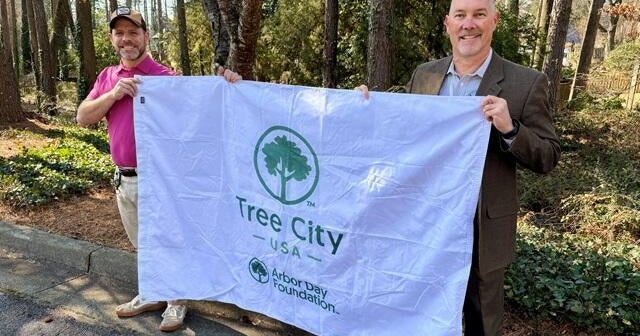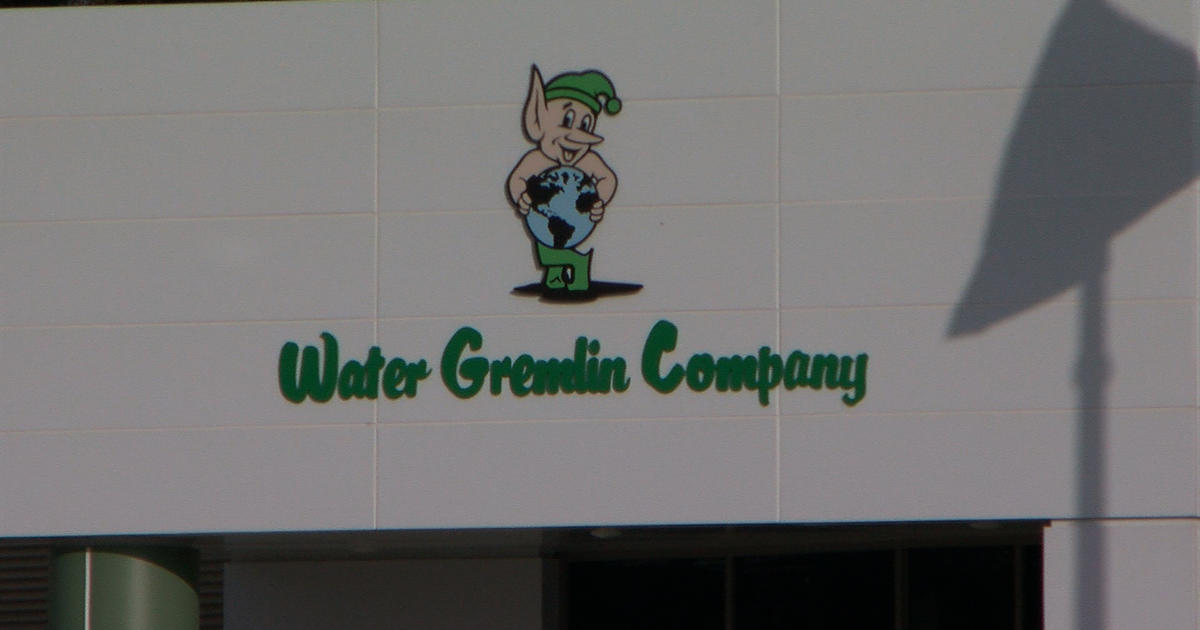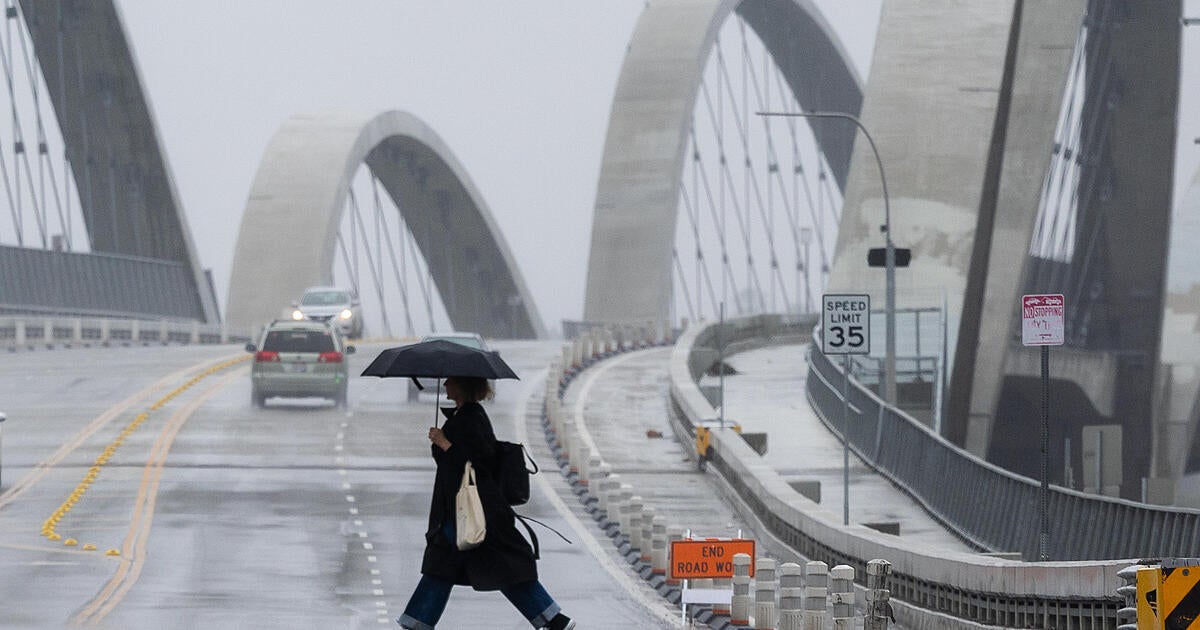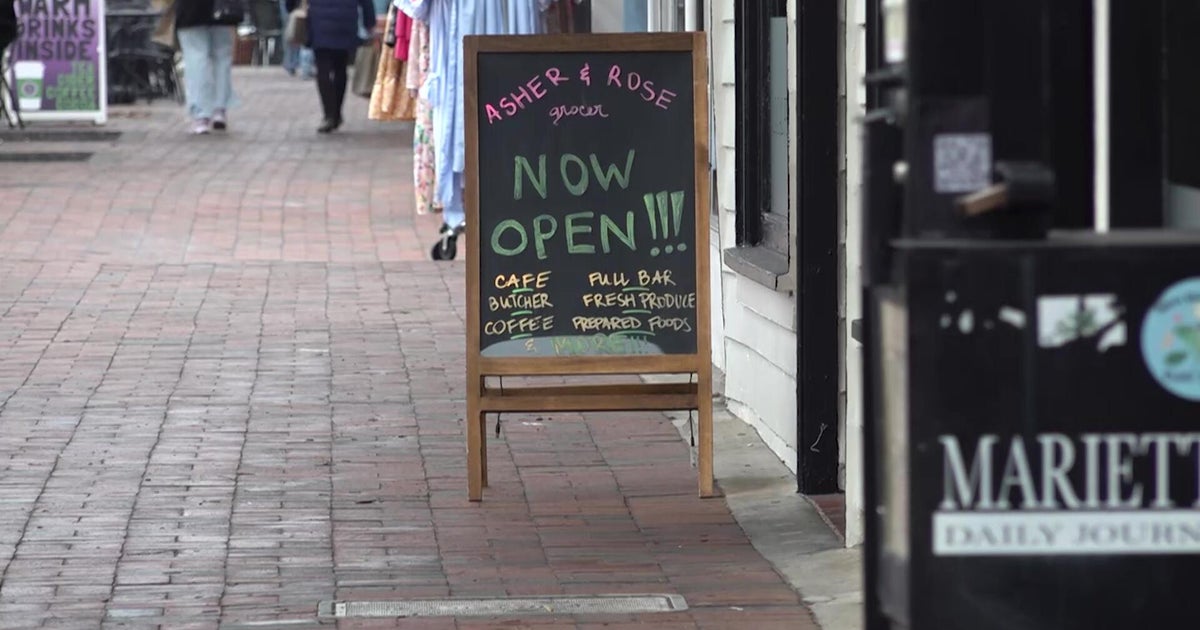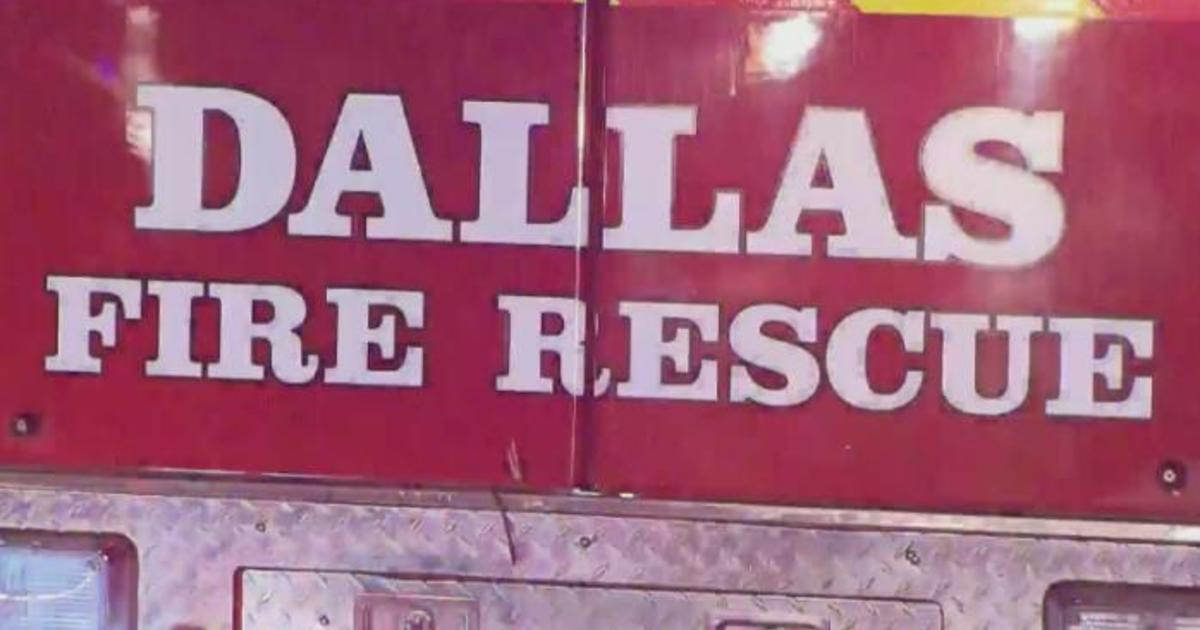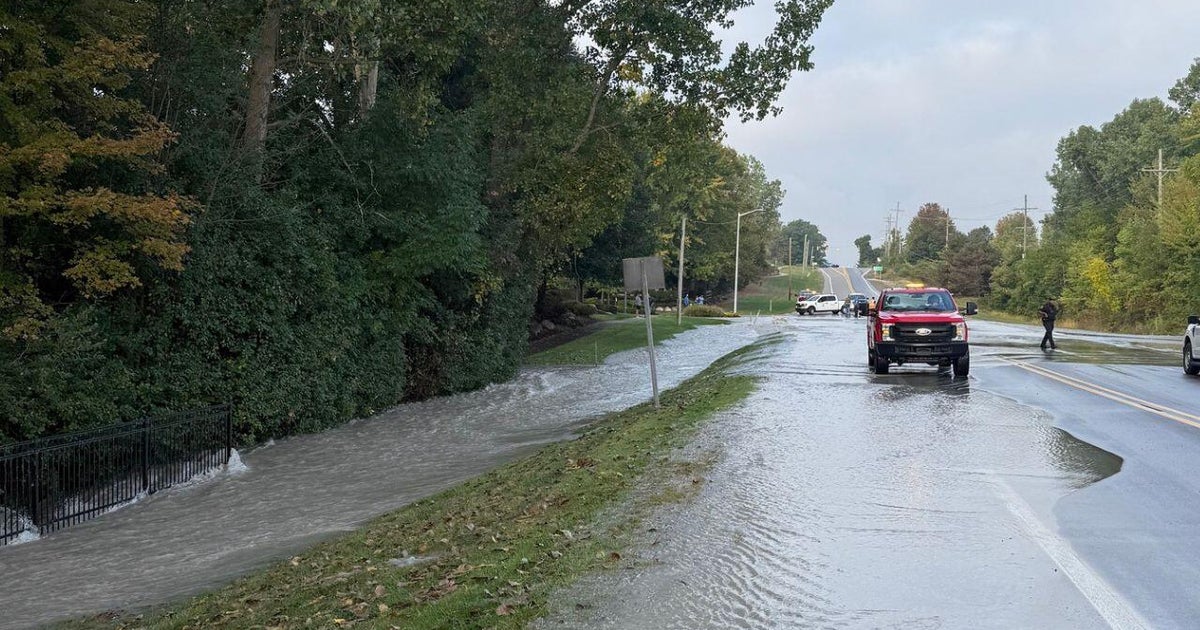Long Island officials say water conservation is "absolutely imperative" with high temperatures and scarce rainfall
PORT WASHINGTON, N.Y. -- With scarce rainfall and baking heat, parts of Long Island have declared a water emergency, and other sections are banning daytime lawn irrigation.
As CBS2's Jennifer McLogan reports, local leaders are now asking residents to change their habits.
Jim and Joan Marrinan, of Port Washington, are going native. Deep-rooted native plants in their front yard mean goodbye sprinklers.
"I can't stop the climate change, but I can possibly stop wasting water," Joan Marrinan said.
The Marrinans and several of their Mill Pond Road neighbors turned lawns into sustainability gardens, just in time for the heat wave and lack of rainfall.
"We issued a stage one water alert," Suffolk County Water Authority CEO Jeffrey Szabo said.
Suffolk's Water Authority declared a water emergency in Southampton Village and an alert to all of the county to turn off irrigation from 3-7 a.m. and water only every other day.
Fire departments are concerned about water pressure.
"We need to ensure that we have protection, fire-fighting protection, for the residents and for emergency services," Szabo said.
The Long Island Water Conference, which represents 50 water providers, is urging residents to:
- Check systems for leaks,
- Install smart controllers,
- Cut back on non-essential water use,
- Shorten showers, and
- Turn off the tap when brushing teeth.
Nassau County has banned residential watering between 10 a.m. and 4 p.m. Odd street numbers water on odd days and even numbers on even days.
"Conservation on Long Island is no longer a nice thing to do, it's absolutely imperative because we're dealing with threats of salt water intrusion, emerging contaminants and climate change," Port Washington Water Commissioner Mindy Germain said.
While Long Island has an abundance of groundwater, the problem lies in the large number of wells and infrastructure needed to pump and treat water to meet drinking water standards.
"And when everything is maxed out and elevated storage tanks are being drained, that's a problem," Szabo said.
Homeowners are asked to shift times of use or even permanently change habits.

